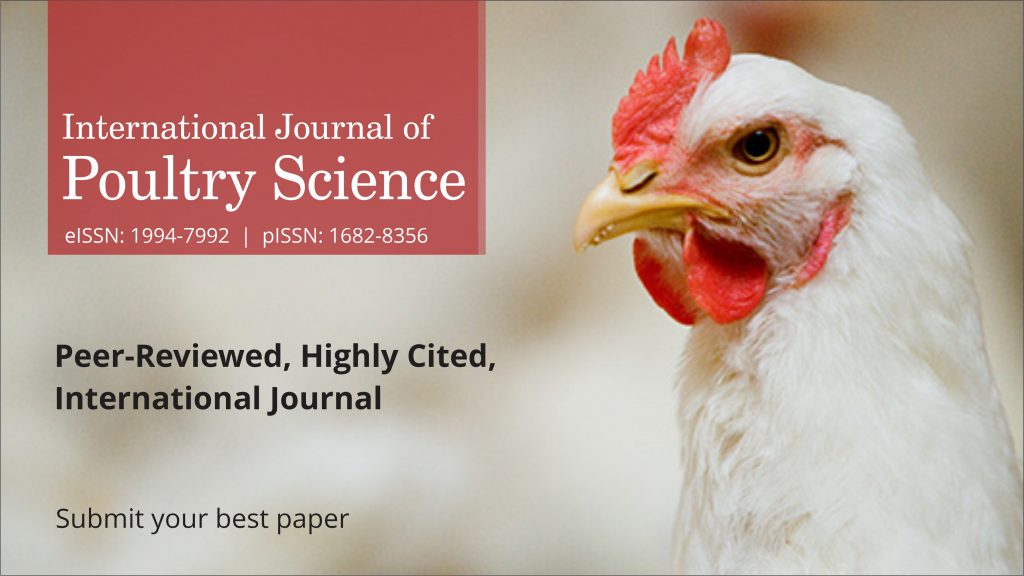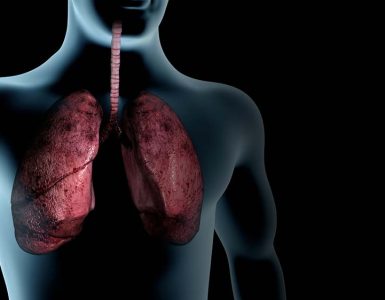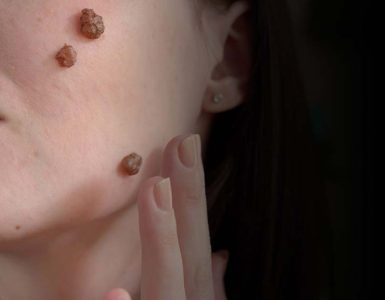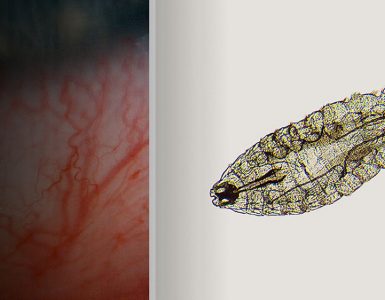Antibiotic growth promoters (AGPs) are the growth enhancers used to gain weight in poultry production. The use of AGPs in feed has been a core concern among consumers due to the occurrence of antibiotic-resistant strains of microorganisms. Maron et al. (2013) informed that the European Union has already limited the use of antibiotics as growth promoters in poultry feed. Though, birds become more prone to get sick due to the lack of in-feed antibiotics. Therefore, replacements for antibiotics are required in the poultry industry to promote the performance of birds. For this purpose, several alternatives, including prebiotics, probiotics, and phytobiotic have been recommended to be the potential alternative of AGPs in the poultry diet.
Xylo-oligosaccharide (XOS) is one of the promising AGP replacers among the prebiotics that have beneficial effects on gut health maintenance and the productive performance of broiler chickens. Basically, XOS is a hydrolytic degradation product of arabinoxylans that can be fermented by the gut microbiota.
Moura et al. (2007) observed that XOS could promote the growth of beneficial bacteria like Lactobacillus spp. and Bifidobacterium spp. and successively improve intestinal health and gut microbial ecology of poultry. In another study Zhenping, et al (2013) stated that supplementation of straw-derived XOS improved not only the insulin concentration, serum triiodothyronine (T3), thyroxine (T4) but also the immune function and feed conversion ratio of broilers.
Pourabedin et al. (2016) also reported that supplementation of XOS (2 g kgG1 ) in the male broiler chicken diet enhanced the concentrations of propionate, acetate, and the proportion of Lactobacillus spp. in the cecum. On the other hand, numerous studies reported no effect of XOS on broiler performance.

Samanta et al. (2017) studied that diet supplemented with 50 mg kgG-1 XOS showed no effect on broiler performance. Correspondingly, Suo et al. (2015) reported no significant effect of XOS supplementation (50-100 mg kgG1 ) on average daily gain (ADG), average daily feed intake (ADFI) on days 1-21, 22-42, and 1-42 and feed conversion rate on days. Currently, limited research work is available on the beneficial effects of XOS on the overall gut microbiome and blood chemistry of broiler chickens. Abdel-Hafeez et al. (2016) stated that prebiotic supplementation increased intestinal metabolic activity and increased visceral organ weight.
A novel study presented by Akter and Akter (2021) to investigate the effect of different levels of XOS on growth performance, blood biochemistry, and intestinal bacterial count of broiler chickens. The results indicated that dietary supplementation of 2.5 g XOS kgG-1 expressively upgraded the feed conversion ratio and Total viable count in caecum and ileum. The researchers observed that the diet containing 2.5 g XOS kgG-1 increased the T3 and T4 levels but decreased the serum glucose. Furthermore, the inclusion of XOS (2.5 g kgG-1 ) into the diet increased the dressing percentage but decreased the abdominal fat content of broiler chickens. So, they concluded that XOS supplementation can improve the overall performance of broiler chickens when supplemented at a dose of 2.5 g XOS kgG-1.
















Add comment